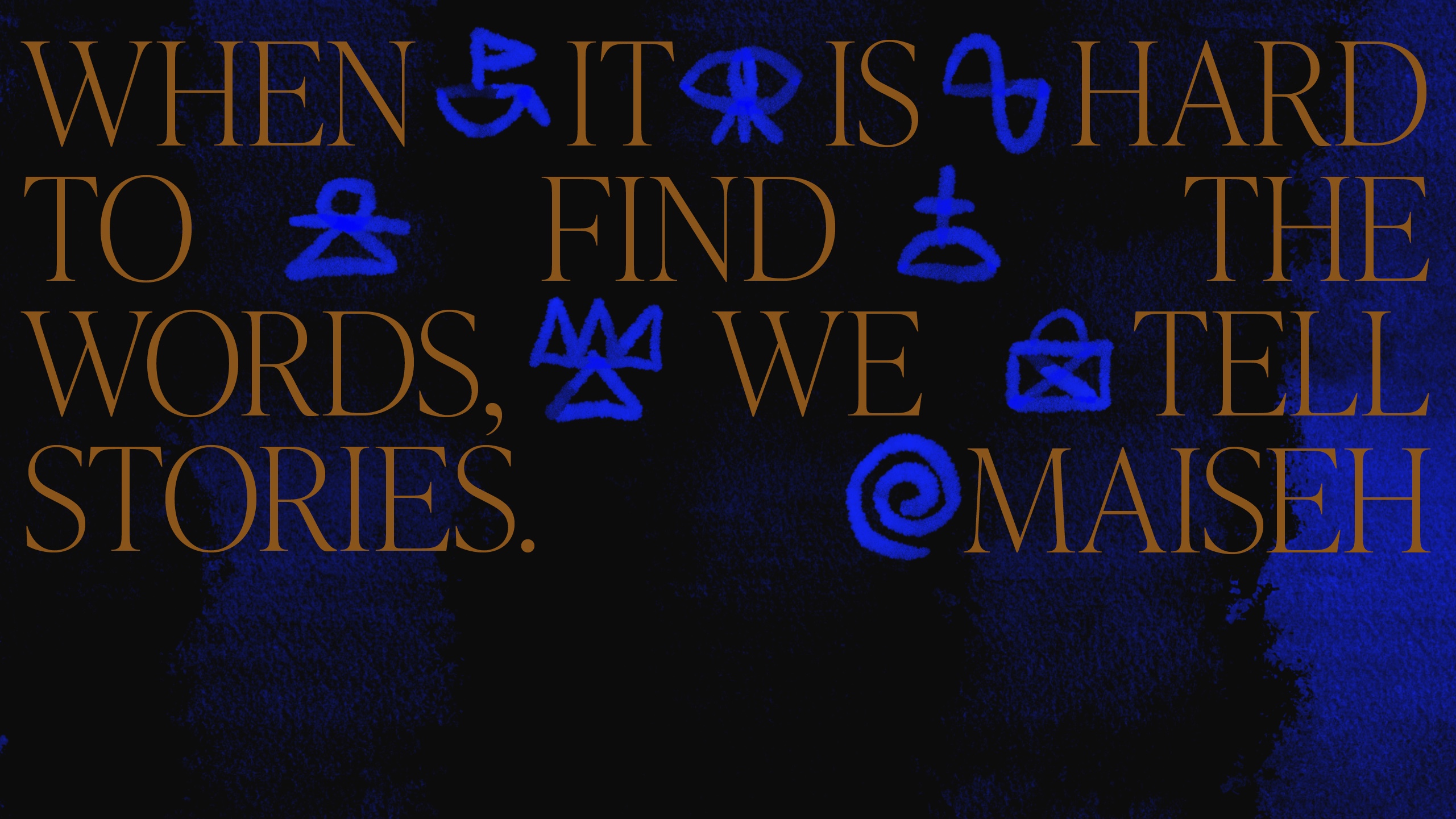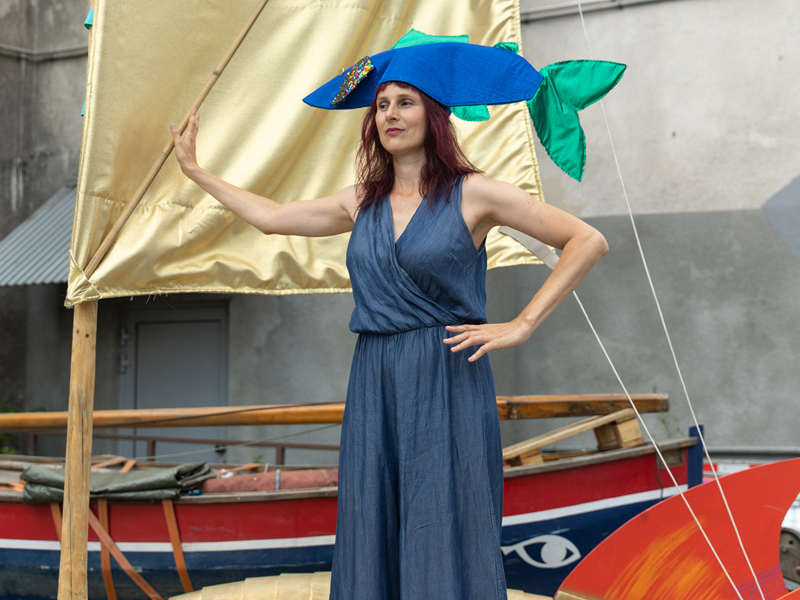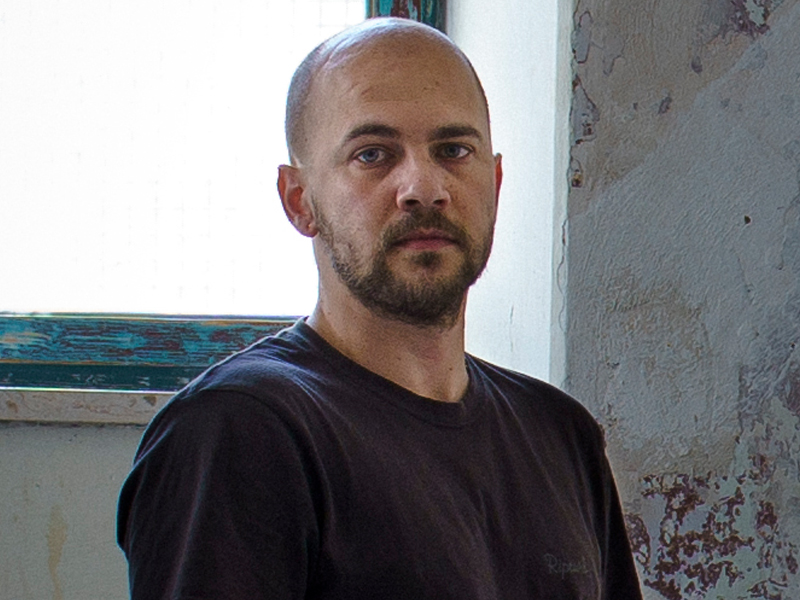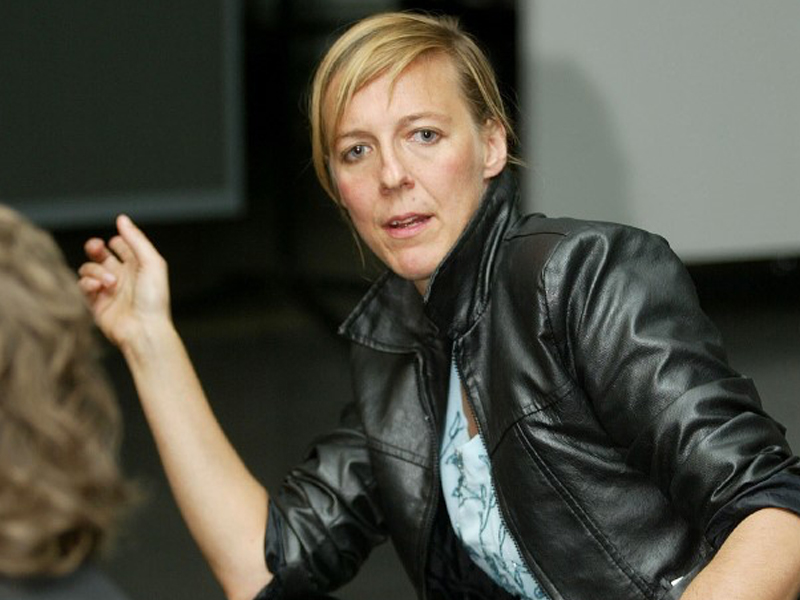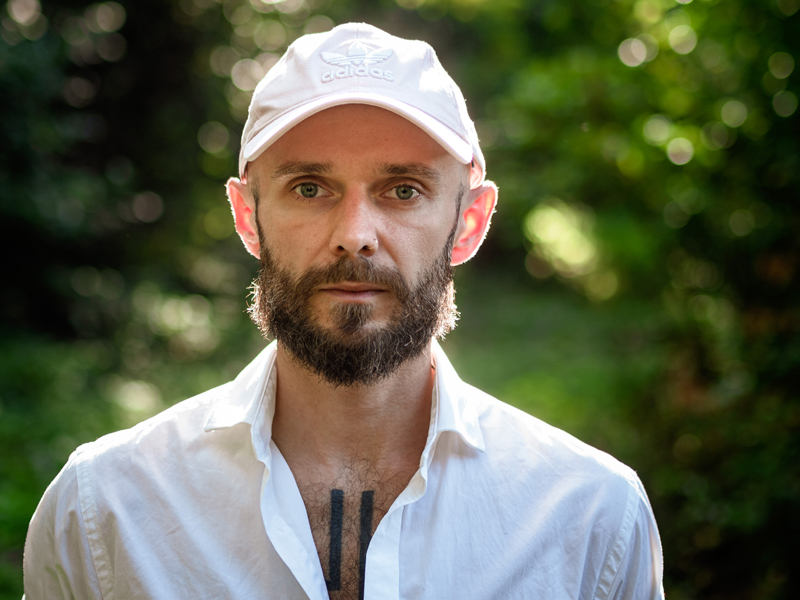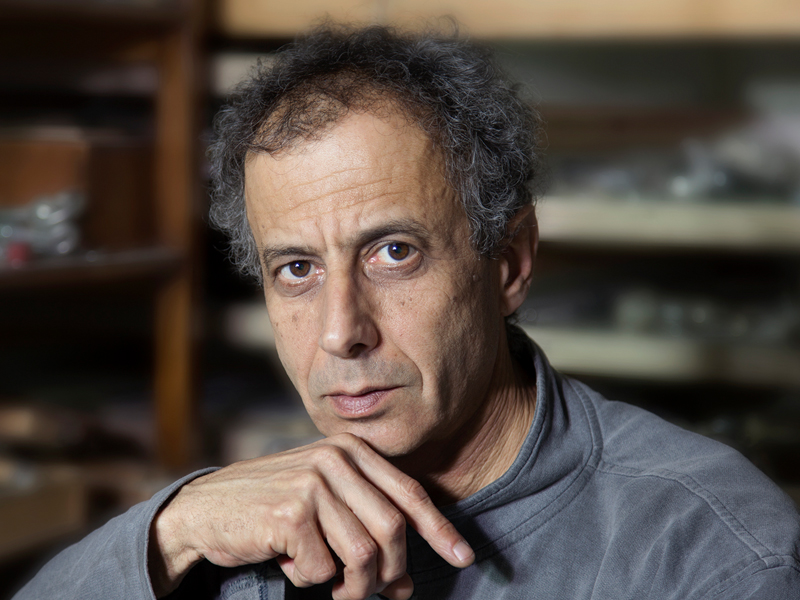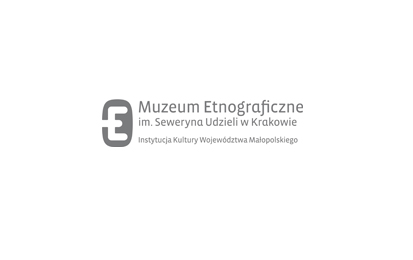MAISEH (מייסע)
When it is hard to find the words, we tell stories.
In “Maiseh”, which is the Yiddish word for tale (מייסע), seven legends are told in the public space. These stories are vehicles to grapple with loss, misfortune, betrayal and broken hearts. They arm us with humor, hope, courage and love. They bring us together.
Traditionally passed on orally, legends were told over a meal or next to the campfire in almost all known human societies. The act of passing on stories shapes communities, which in turn come up with more tales to tell. “Maiseh” is an invitation to come together, and share stories that are meaningful beyond their local and historical context.
Whether it is about a restless phantom roaming the streets, a hidden treasure or the guardian of an ancient synagogue – a “maiseh” usually contains few characters, simple dialogues, and nothing more than a superficial reference to an actual person, geographical location or historical event. These stories are simple and imaginative, sometimes fragmented, confusing or obscure.
Between June 25th and July 3rd, artists from Israel, Germany and Poland tell their version of legends from Krakow in the medium of their choosing. Tales and legends transform as they are shared, slightly altered by the storyteller each time they are told. It is in the nature of the story to be adapted.
Shaped as performances, drawings, murals, sound installations, workshops, and letters, the stories of “Maiseh” unfold in the streets of Kazimierz.
In times of political upheaval, emotional hardship or social isolation, stories arm us with humor, hope, courage and love. They are vehicles to grapple with the unspeakable: loss, misfortune, betrayal and broken hearts. They bring us together.
The act of passing on stories creates continuity between generations, communities and genealogies. That is what the spiral stands for. In “Maiseh”, we are telling you our version of these legends, and invite you to share your tales with us – an exchange of stories that need to be heard.
Which legend do you think needs to be told right now?
Share the story with us righ here
These seven art projects include:
Wojtek Blecharz: An Endless Dance >>>
sound installation
Hadassa Goldvicht: Things to Buy in Kazimierz >>>
digital text work
Cecylia Malik: High Waters >>>
participatory installation and performance
Stefanie Oberhoff & Snuff Puppets: Pigeon Girls >>>
giant puppet workshop & participatory performance
Christoph Rothmeier: Have You Seen My Eyes? >>>
sound installation
Kobi Vogman: Touch-move Rule >>>
participatory installation & collage
Yuval Yairi: Observation Point >>>
installation, drawings
Activities
INFO POINT
We all have stories to tell. During the nine days of “Maiseh”, visitors of the festival are welcome at the central information point on Plac Wolnica to learn more about the programme, have a conversation or share their own tales.
Location: Plac Wolnica, June 25th – July 3rd, 2022, 11.00 – 20.00
PERFORMANCE
Saturday, July , 16:00 – 19:00 – Pigeon Girls – Stefanie Oberhoff & Snuff Puppets
starting point: Bosak Family’s House, ul. św. Sebastiana 32
Sunday, July 3rd, 16:00, 16:30, 17:00, 17:30 – High Waters – Cecylia Malik
12 participants in each session | PL, EN | Bulwar Kurlandzki (next to Basia boat)
CURATORIAL TOURS
The curators tell the story of “Maiseh” during a guided walk through Kazimierz. All tours guided tours are free of charge and start at Cheder, ul. Józefa 36, according to this schedule:
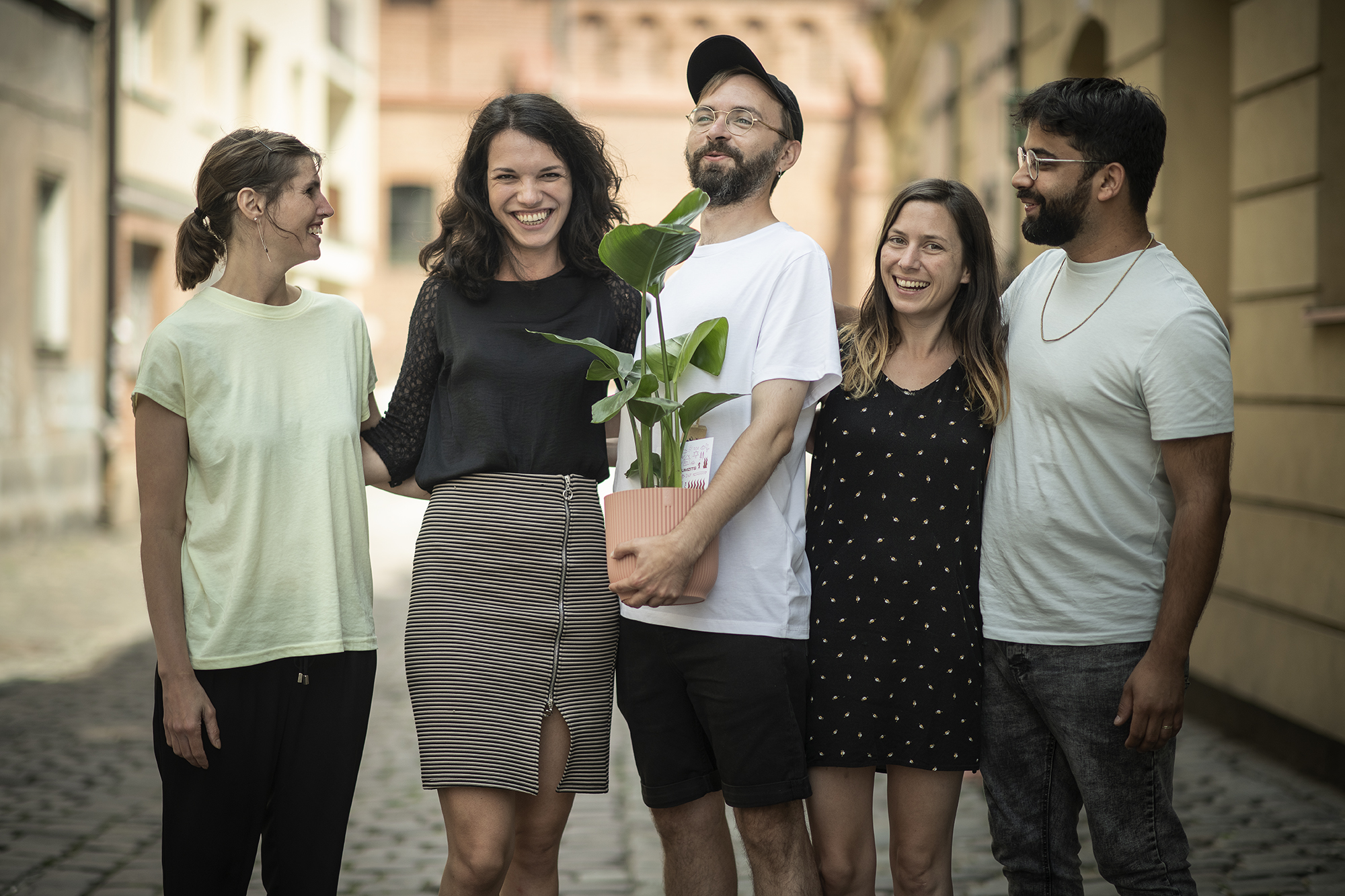
- 25.06, Saturday, 17.00, EN: Meydad Eliyahu, including artist talk: Yuval Yairi
- 25.06, Saturday, 17.00, PL: Paweł Kowalewski, including artist talk: Wojtek Blecharz
- 26.06, Sunday, 17.00, EN: Lianne Mol, including artist talk: Christoph Rothmeier
- 26.06, Sunday, 17.00, PL: Julia Kawka, including artist talk: Paulina Witaszczyk
- 27.06, Monday, 18.00, EN: Meydad Eliyahu , including artist talk: Kobi Vogman
- 29.06, Wednesday, 18.00, PL: Julia Kawka, including artist talk: Cecylia Malik
- 1.07, Friday, 18.00, EN: Yael Sherill , including artist talk: Stefanie Oberhoff
- 2.07, Saturday, 14.00, EN: Lianne Mol, ending at performance by Stefanie Oberhoff
- 2.07, Saturday, 14.00, PL: Julia Kawka, ending at performance by Stefanie Oberhoff
- 3.07, Sunday, 14:00, EN: Yael Sherill , ending at performance by Cecylii Malik
- 3.07, Sunday, 14:00, PL: Paweł Kowalewski + performance Cecylii Malik
Curators
Yael Sherill, Lianne Mol & Julia Kawka – Curatorial Collective for Public Art, Berlin
Meydad Eliyahu – HaMiffal, Jerusalem
Paweł Kowalewski – Jewish Culture Festival, Kraków
The Curatorial Collective for Public Art (CCPA) develops curatorial formats for the production, mediation and representation of art in public space, public art and urban interventions. As an agency for site-specific, transdisciplinary, critical and transitory public art, it approaches curatorial practice as a collective endeavor on the intersection of concept, organization and design. The collective combines the members’ collective interests and expertise in curatorial practice, exhibition and stage design, cultural mediation, research, dramaturgy and project management in the field of site-specific theater, transdisciplinary art in public space and socially engaged practices. CCPA is an independent, nomadic collective based in Berlin although without a fixed space, working across a variety of localities and collaborating with institutional partners and project spaces.
Yael is a freelance curator, cultural manager and dramaturg working between the performing and visual arts. In her work, she explores mediation in and as art with an emphasis on art in public space. Yael also researches meta-curatorial questions relating to speculative financial models for artistic production, including decentralized networks, blockchains, cooperatives and ensemble work.
Lianne is an independent curator, cultural manager and researcher. In her practice she experiments with curatorial formats and cultural mediation, with a focus on art in public space, socially engaged art and institutional critique. She also researches sustainability questions in the fashion industry.
Julia is active as producer for art in public space and freelance set designer in the field of performing arts with an emphasis on site-specific documentary theatre and international productions.
HaMiffal (“The Factory” in Hebrew), is an artist-run culture center located in an historic compound in central Jerusalem. It provides an open platform for the meeting and exchange of ideas across multiple identities in Jerusalem and beyon.
Meydad is a Jerusalem based artist, curator, and art educator. Eliyahu’s public, site specific art projects deal with memory and hidden layers of cultural history . Eliyahu curated ‘Sambation’ project of HaMiffal at the JCF 28th edition as well as other projects in Jerusalem and abroad.
Although Jewish Culture Festival in Krakow is associated predominantly with high-quality music, in fact it is the broadest presentation of contemporary Jewish culture, including all genres and artistic means of expression. Starting with the festival posters that over 30 years were designed by eminent Polish and foreign artists (incl. Richard Horowitz, Andrzej Dudziński, Piotr Kunce), to presentations of artworks by world-class artists such as (among others): Mirosław Bałka, Christian Boltański, Maya Gordon, Dani Karavan, Ilya and Emilia Kabakov, Artur Żmijewski; to murals in Kazimierz thath were created for the festival by Pil Peled and Broken Fingaz collective from Israel.
Paweł is a cultural manager and program curator for Krakow Jewish Culture Festival. Working in Kazimierz since 2011, treats this quarter as an endless source of inspiration, trying to create projects that will stimulate a process of changing perception of Jewish culture and Kazimierz.

